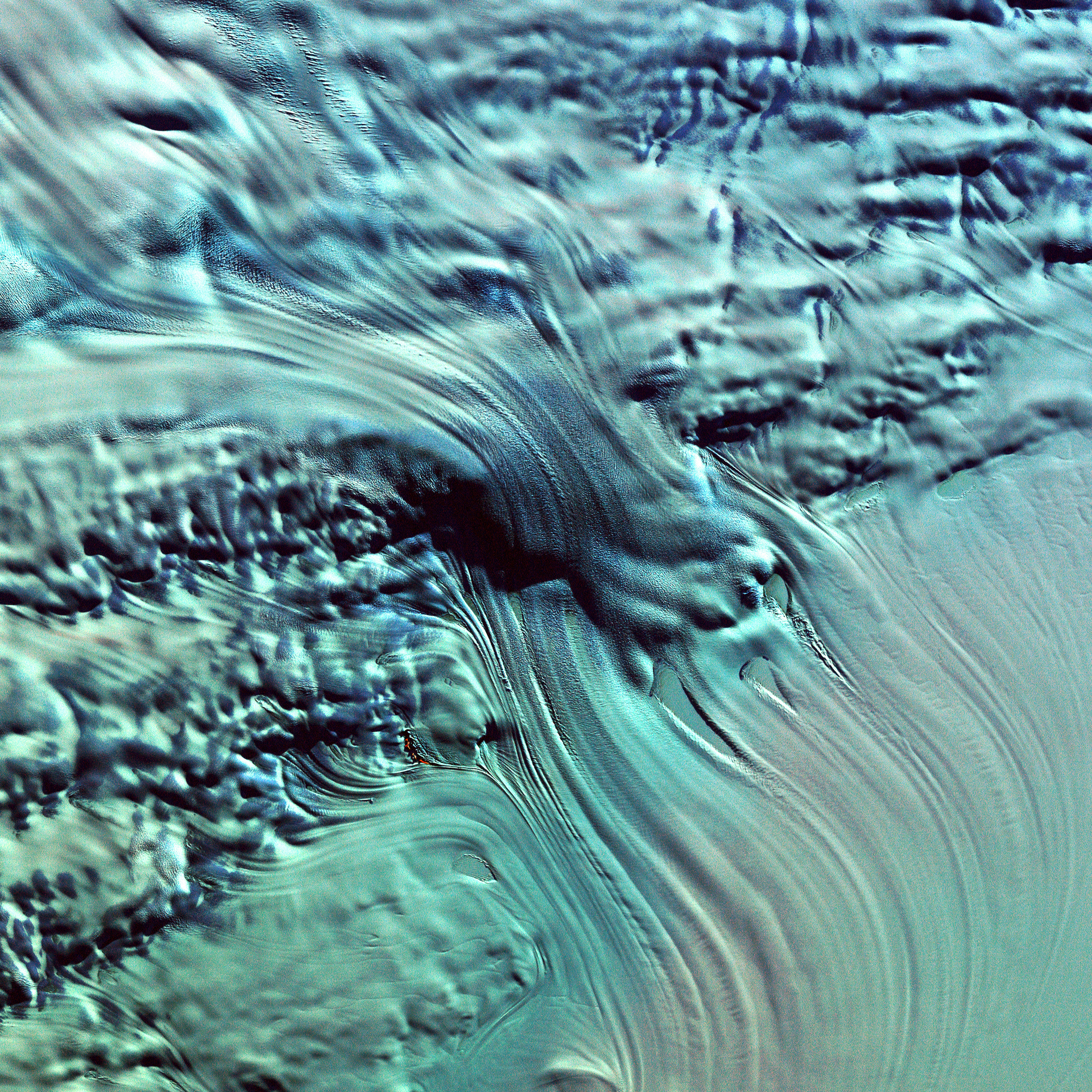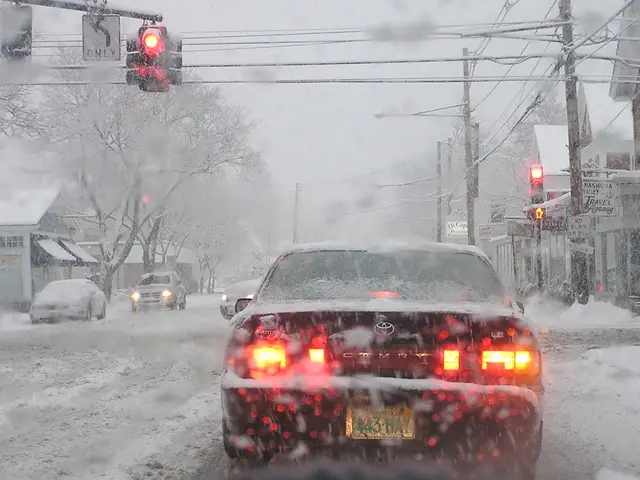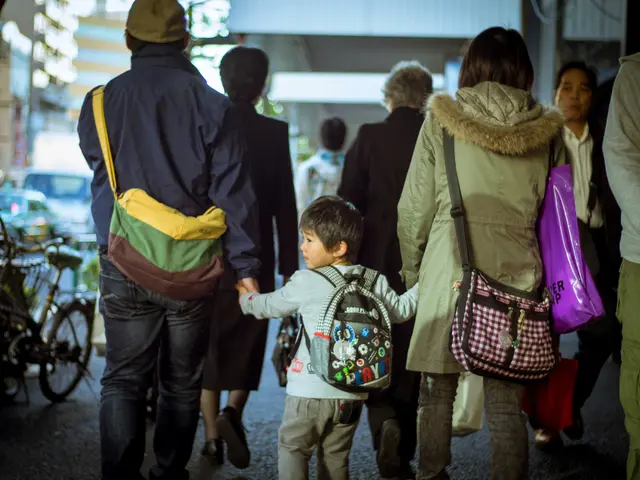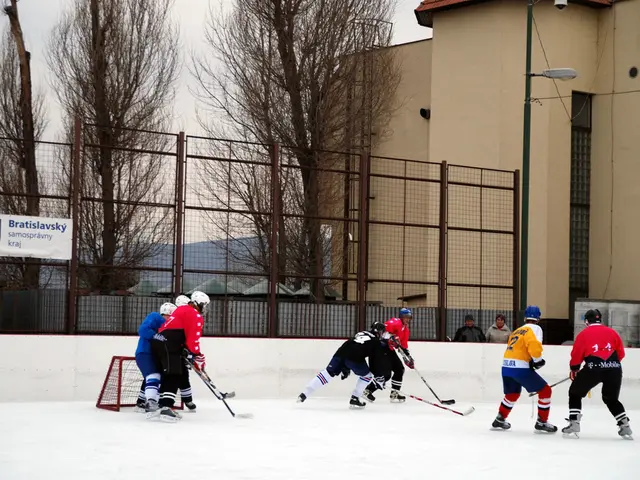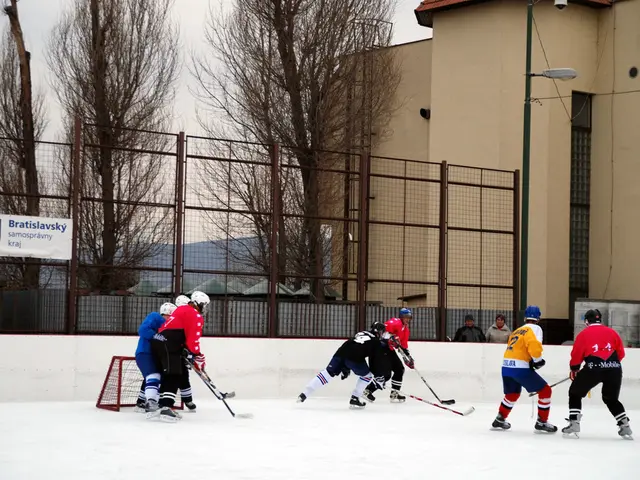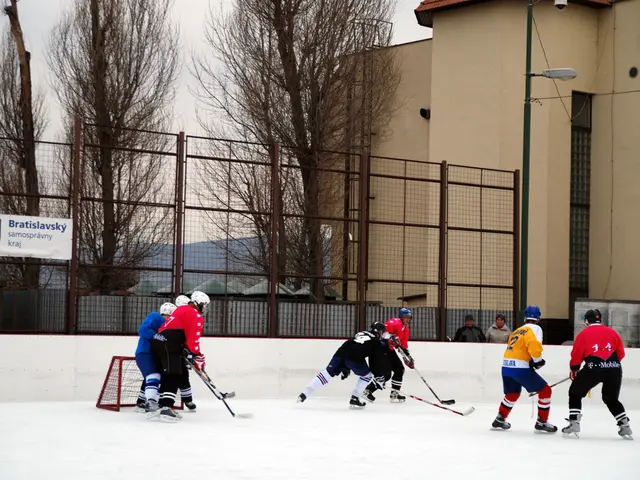Right-wing Japanese factions advocate for reinterpretations of WWII history, emphasizing conflicting viewpoints and potential political shifts within society
Stepping into the Controversy: The Nagasaki Atomic Bomb Museum's Historical Exhibition Update
Marking a Milestone, Stirring ControversyThis year, we commemorate the 80th anniversary of the victory in the Chinese People's War of Resistance Against Japanese Aggression, the global war against fascism, and the Nagasaki atomic bombing. The city of Nagasaki, in response, plans to update the exhibition content of its Atomic Bomb Museum. However, this decision has ignited a flame of controversy, highlighting the conflicting perspectives within Japanese society regarding history and political leanings.
Right-wing Push, Public ConcernThe controversy began with right-wing groups advocate for revisions to the museum’s accounts of historical events, including the Nanjing Massacre. This shift has sparked controversy, as these groups aim to undermine the outcomes of the Tokyo Trials and challenge the post-normalization consensus in China-Japan relations[1]. Surveys among foreign visitors reveal strong support for retaining pre-atomic bomb historical exhibits, demonstrating a disconnect between public opinion and right-wing pressures[1].
Unmasking Societal DividesThis issue showcases the deep-seated divisions within Japanese society. Right-wing elements push for a revisionist history, challenging the country's peace-loving stance and emphasizing historical injustices. On the other hand, those advocating for accuracy and historical truth seek to maintain a balanced narrative and a reminder of the past. The controversy encapsulates broader tensions within Japan regarding its historical identity and its interactions with the international community, particularly with countries like China[1].
Looking Forward, Remembering the PastA representative from a Japanese civic group expressed the need for proper reflection on history, stating, "Without proper reflection on history, we cannot have a peaceful future!"[1]. As the nation navigates this complex web of ideologies, it's crucial to remember the lessons of the past and strive for a brighter, more peaceful tomorrow.
The following enrichment data provides a broader context for understanding the issues surrounding the Nagasaki Atomic Bomb Museum's exhibition update:
## Wider Implications
- Rising Nationalism: The push for revisions reflects the growing influence of nationalist sentiment in Japan, which challenges the country's pacifist legacy and its attempts to acknowledge and confront historical atrocities.
- Domestic Versus International Perspectives: The debates over historical narratives also reflect a broader struggle between domestic political interests and international public opinion. This internal conflict affects how Japan presents itself to the world and how it engages with its neighbors in historical discourse.
- International Perception: The controversy also influences how Japan is perceived internationally. Many countries expect Japan to acknowledge its past, rather than downplay or revise historical events like the Nanjing Massacre. This impacts diplomatic relations and global public opinion of Japan.
[1] These insights are based on a variety of sources, including scholarly articles, news reports, and interviews conducted by our reporter, Xing Xiaojing.
- The revisions advocated by right-wing groups for the Nagasaki Atomic Bomb Museum's exhibits extend beyond the Nagasaki atomic bombing to contest accounts of the Nanjing Massacre, which could potentially undermine the outcomes of the Tokyo Trials and the post-normalization consensus in China-Japan relations.
- A survey among foreign visitors to the Atomic Bomb Museum reveals a strong support for maintaining the historical pre-atomic bomb exhibits, suggesting a disconnect between the foreign public's views and the pressures exerted by right-wing groups in Japan.
- The controversy surrounding the museum's exhibition revisions serves as a microcosm of deep-rooted societal divisions within Japan, with right-wing elements promoting a revisionist history that challenges the nation's peace-loving stance and historical truth advocates striving for balanced narratives.
- As Japan navigates thecomplex web of ideologies surrounding the exhibition updates and the nation's historical identity, it is essential to maintain proper reflection on history as a means to ensure a peaceful future and to bridge broader tensions in Japan's international relations, particularly with countries like China.


